BU’s researchers Dr. Pramod Raj Regmi and Dr. Nirmal Aryal have recently visited Malaysia for a consultation meeting. They organised meetings with stakeholders working on migration health related and Nepali migrant workers as Public Patient Involvement (PPI ) in Malaysia. These meetings discussed risk factors for sudden nocturnal deaths and kidney disease among Nepali migrant workers in Malaysia.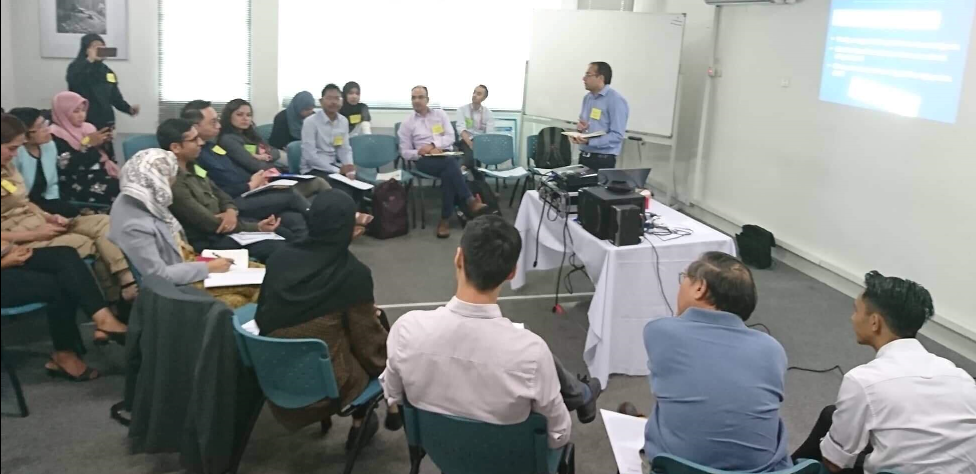
More than 350 Nepali migrant workers die in Malaysia every year. Nearly one-fourth of them die from cardiovascular problems often during their sleep, many without previous signs or illnesses. This also seems to be the case in South Asian workers in the Middle-East. The cause of death is hitherto unknown. During a consultation meeting on 19th April, participants suggested several possible causes of these deaths and strongly supported the idea of carrying out verbal autopsy with close friends, employers, roommates, etc. The emerging health issue of kidney health risk among Nepali migrant workers and its risk factors were also discussed. A total of 25 participants attended the meeting. Participants from many different disciplines [1], including from migration health researchers from several universities, migrant workers’ non-governmental organizations (NGO), the Malaysian Ministry of Health, and International Organization for Migration (IOM) Malaysia. FHSS’s Drs Aryal and Regmi facilitated the consultation workshops.
On the same day, Dr. Regmi and Dr. Aryal met with the Nepali ambassador to Malaysia Mr. Udaya Raj Pandey and his team and discussed migration issues. The Nepali Embassy in Malaysia is aware of these health problems and the ambassador committed to provide any support required for further investigation in these issues.
 On 20th April, another PPI was carried out among Nepali migrant workers at their living quarters. Around 20 Nepali migrant workers participated. During this meeting, issues of sudden nocturnal deaths and acceptability and feasibility of verbal autopsy tools, problem of kidney disease and its possible triggers were discussed. The research into the usefulness of verbal autopsy tool as a good example of BU’s FUSION, since research can lead to a change in practice regarding health of migrant workers through better education of the migrant community, their left-behind families and NGOs working in the field.
On 20th April, another PPI was carried out among Nepali migrant workers at their living quarters. Around 20 Nepali migrant workers participated. During this meeting, issues of sudden nocturnal deaths and acceptability and feasibility of verbal autopsy tools, problem of kidney disease and its possible triggers were discussed. The research into the usefulness of verbal autopsy tool as a good example of BU’s FUSION, since research can lead to a change in practice regarding health of migrant workers through better education of the migrant community, their left-behind families and NGOs working in the field.
These consultation meeting and PPI were intended to develop basis for further research in these area and build collaboration in Malaysia. The NGOs North-South Initiatives (Mr. Adrian Pereira and his team) and Migrant Workers’ Health Alliance (Dr. Erwin Martinez Faller and his team) have locally co-ordinated these events. These activities were conducted from the QR pump-priming fund awarded to Dr. Aryal this year in FHSS.
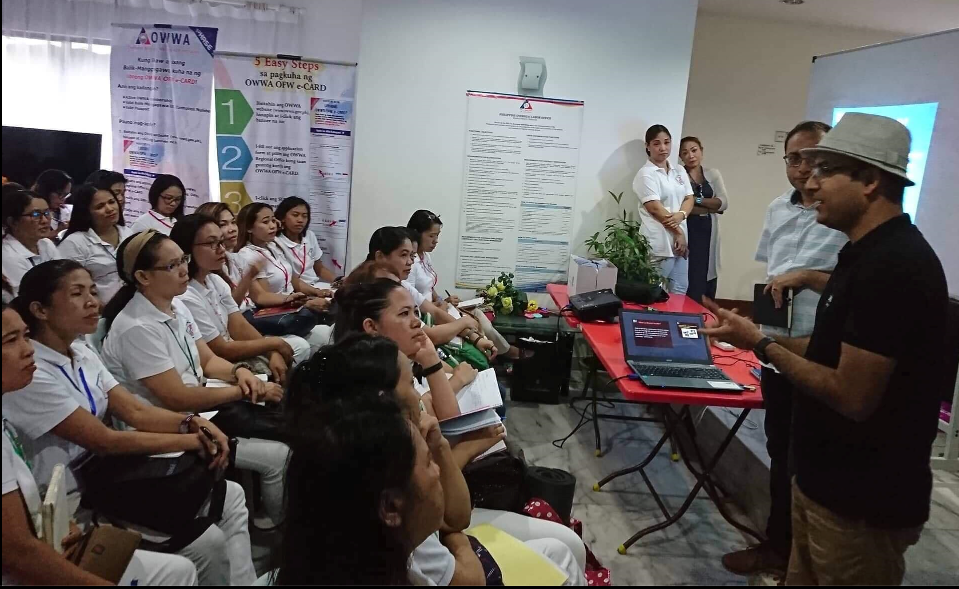 Finally, on 21st April, Dr. Regmi and Dr. Aryal were invited to the Philippine Embassy to share knowledge on mental health risk among migrant workers. They have presented findings of previous BU’s research on it as well as existing evidence on mental health risk on migrant workers and their left-behinds. More than 60 Filipino migrant workers attended the event.
Finally, on 21st April, Dr. Regmi and Dr. Aryal were invited to the Philippine Embassy to share knowledge on mental health risk among migrant workers. They have presented findings of previous BU’s research on it as well as existing evidence on mental health risk on migrant workers and their left-behinds. More than 60 Filipino migrant workers attended the event.
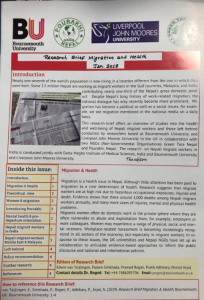 As Malaysia is a popular destination for migrant workers from Asia Pacific and South Asia (there are currently more than 700,000 Nepali workers in Malaysia), these consultations will play a significant role in designing and developing grant applications to promote health and wellbeing of migrant workers. This consultation meeting builds on recent work on the topic conducted at BU [2-14] as highlighted in the recent Research Brief Migration and Health (Jan. 2019).
As Malaysia is a popular destination for migrant workers from Asia Pacific and South Asia (there are currently more than 700,000 Nepali workers in Malaysia), these consultations will play a significant role in designing and developing grant applications to promote health and wellbeing of migrant workers. This consultation meeting builds on recent work on the topic conducted at BU [2-14] as highlighted in the recent Research Brief Migration and Health (Jan. 2019).
References:
- van Teijlingen, E., Regmi, P., Adhikary, P., Aryal, N., Simkhada, P. (2019). Interdisciplinary Research in Public Health: Not quite straightforward. Health Prospect, 18(1), 4-7.
- Aryal, N., Regmi, P.R., van Teijlingen, E., Simkhada, P., Mahat, P. (2019) Adolescents left behind by migrant workers: a call for community-based mental health interventions in Nepal. WHO South East Asia J Public Health 8 (1): 38-41.
- Adhikary P, Sheppard Z., Keen S. van Teijlingen E (2018) Health and well-being of Nepalese migrant workers abroad, Int J Migration, Health Social Care 14(1): 96-105
- Simkhada, P.P., van Teijlingen, ER., Gurung, M., Wasti, S. (2018) A study of Health Problems of Nepalese Female Migrants Workers in the Middle-East & Malaysia, BMC Int Health Human Rights 18(1):4.
- Adhikary P, Sheppard Z, Keen S, van Teijlingen E (2017) Risky work: Accidents among Nepali migrant workers in Malaysia, Qatar & Saudi, Health Prospect 16(2): 3-10
- Simkhada P, Regmi, P, van Teijlingen E, Aryal N (2017) Identifying gaps in Nepalese migrant workers’ health & well-being: A review of literature J Travel Med 24(4): 1-9
- Aryal, N., Regmi, PR., van Teijlingen, E., Simkhada, P., Adhikary, P., Bhatta, YKD., Mann, S. (2016) Injury & Mortality in Young Nepalese Migrant Workers: A Call for Public Health Action. Asian-Pacific J Public Health 28(8): 703-705.
- Aryal, N., Regmi, PR., van Teijlingen, E., Dhungel, D., Ghale, G., Bhatta, GK. (2016) Knowing is not enough: Migrant workers’ spouses vulnerability to HIV SAARC J Tuberculosis, Lung Diseases HIV/AIDS 8(1):9-15.
- Joshi, S., Prescott, G., Simkhada, P., Sharma, N., Bhurtyal, Y. (2014). Knowledge and Risk Perceptions about HIV/AIDS among Nepalese Migrants in Gulf Countries: a Cross-sectional Study. Health Sci J, 8 (3) pp 350-36
- Sapkota, T., Simkhada, P., van Teijlingen, E. (2014) Nepalese health workers’ migration to United Kingdom: A qualitative study. Health Sci J 8(1):57-74.
- Joshi S, Simkhada, P, Prescott, G (2011) Health problems of Nepalese migrants working in three Gulf countries, BMC Int Health Human Rights, 2011, 11:3
- Adhikary P, Keen S, van Teijlingen E. (2011) Health Issues among Nepalese migrant workers in Middle East. Health Sci J 5: 169-75.
- van Teijlingen E, Simkhada, P, Adhikary P. (2009) Alcohol use among the Nepalese in UK. BMJ Rapid Response www.bmj.com/cgi/eletters/339/oct20_1/b4028#223451
- Adhikary, P., Simkhada, P., van Teijlingen, E., Raja, A. (2008). Health and Lifestyle of Nepalese Migrants in the UK; BMC Int Health Human Rights, 8(6).
 Yesterday ResearchGate announced that the paper ‘Academic authorship: who, why and in what order?’ [1] has been read 1000 times. The paper addresses two related issues in academic writing: (a) authorship; and (b) order of authors. The issue of authorship centres on the notion of who can be an author, who should be an author and who definitely should not be an author. The paper reminds the reader that this is partly discipline specific. The second issue, the order of authors, is usually dictated by the academic tradition from which the work comes. One can immediately envisage disagreements within a multi-disciplinary team of researchers where members of the team may have different approaches to authorship order. Prof. Vanora Hundley is the lead author and the paper is co-authored with Prof. Edwin van Teijlingen, both in the Centre for Midwifery, Maternal & Perinatal Health (CMMPH), and BU Visiting Professor Padam Simkhada. Padam is Professor of International Public Health in the Public Health Institute at Liverpool John Moores University.
Yesterday ResearchGate announced that the paper ‘Academic authorship: who, why and in what order?’ [1] has been read 1000 times. The paper addresses two related issues in academic writing: (a) authorship; and (b) order of authors. The issue of authorship centres on the notion of who can be an author, who should be an author and who definitely should not be an author. The paper reminds the reader that this is partly discipline specific. The second issue, the order of authors, is usually dictated by the academic tradition from which the work comes. One can immediately envisage disagreements within a multi-disciplinary team of researchers where members of the team may have different approaches to authorship order. Prof. Vanora Hundley is the lead author and the paper is co-authored with Prof. Edwin van Teijlingen, both in the Centre for Midwifery, Maternal & Perinatal Health (CMMPH), and BU Visiting Professor Padam Simkhada. Padam is Professor of International Public Health in the Public Health Institute at Liverpool John Moores University.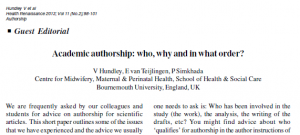


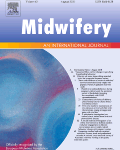
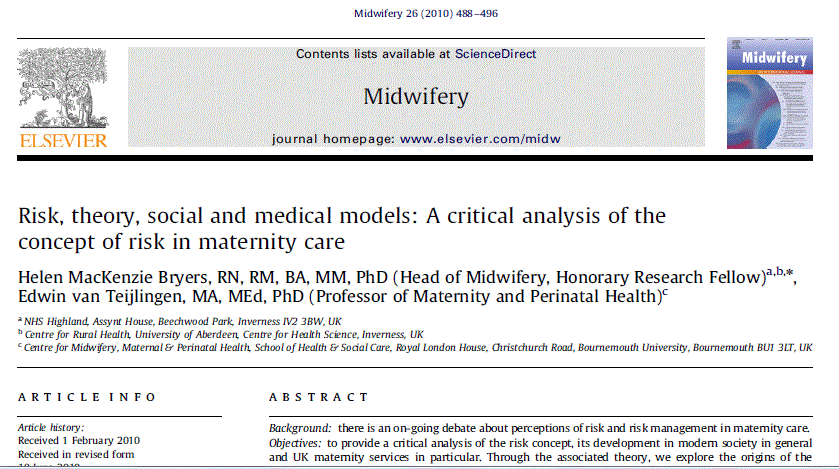







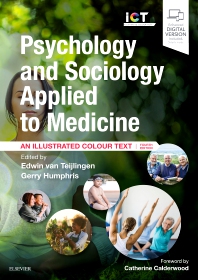
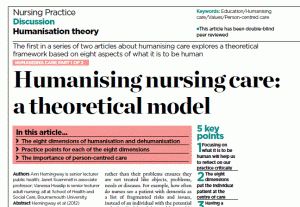
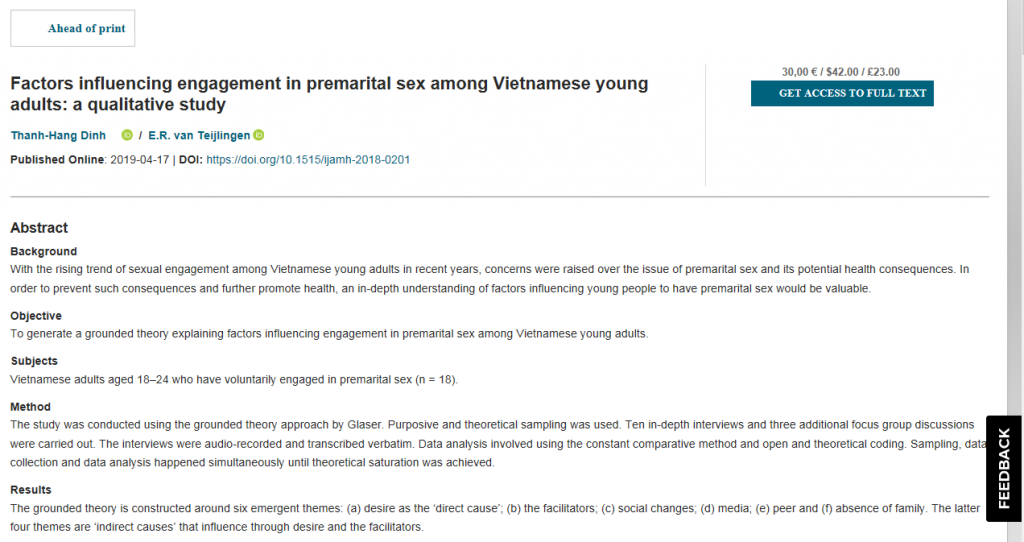
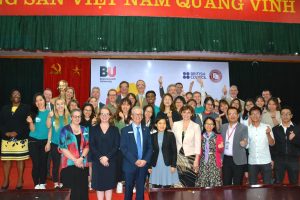
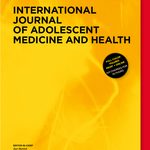
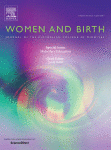
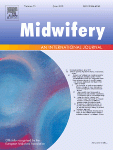

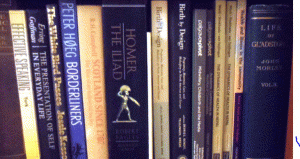


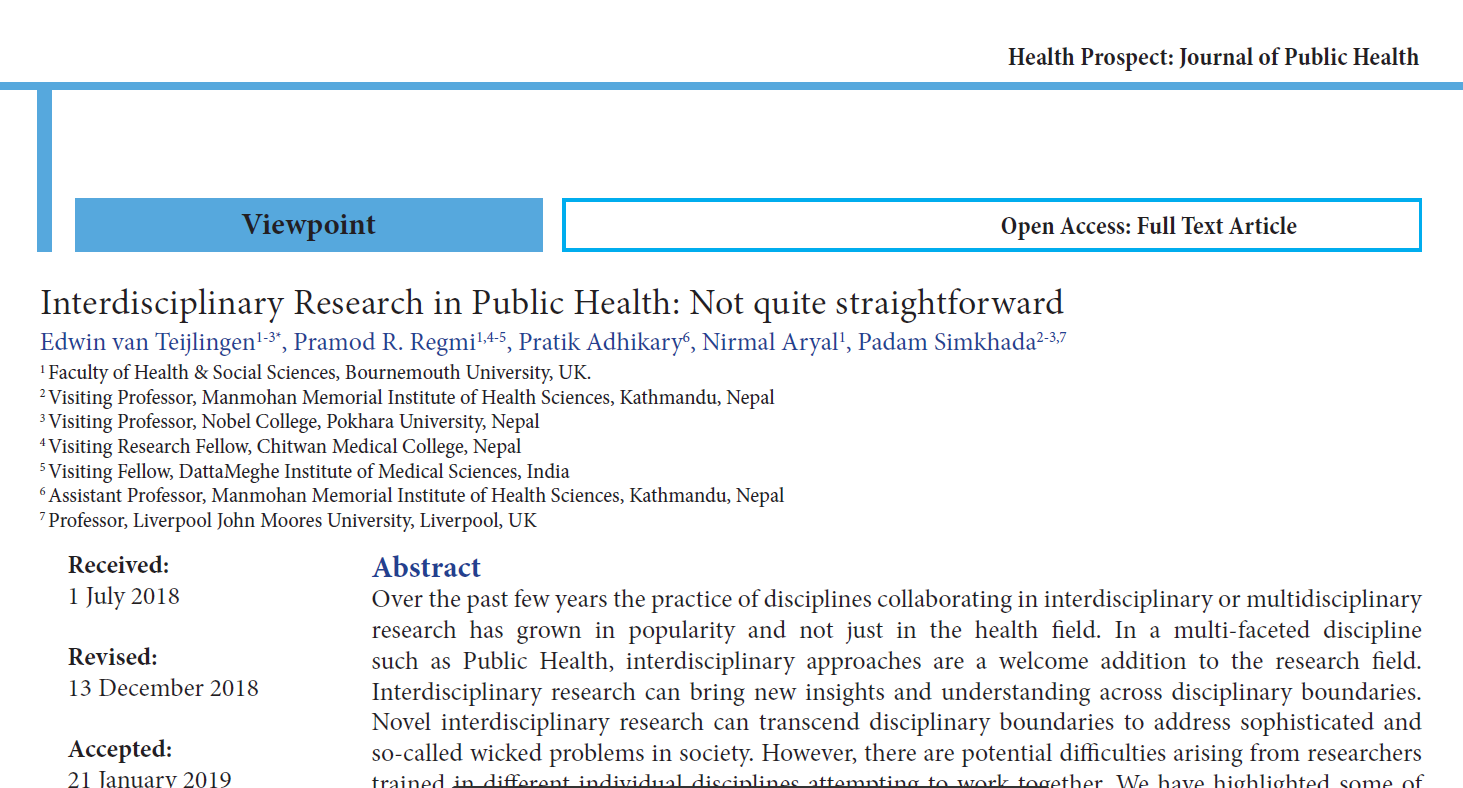

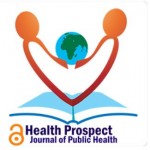


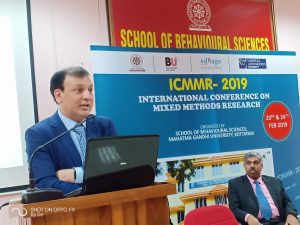
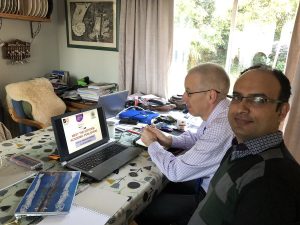

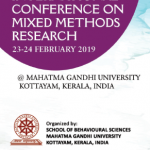
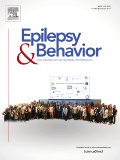

 Well done!
Well done!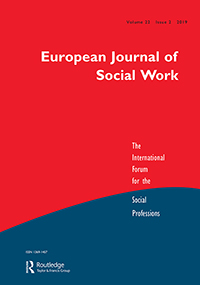









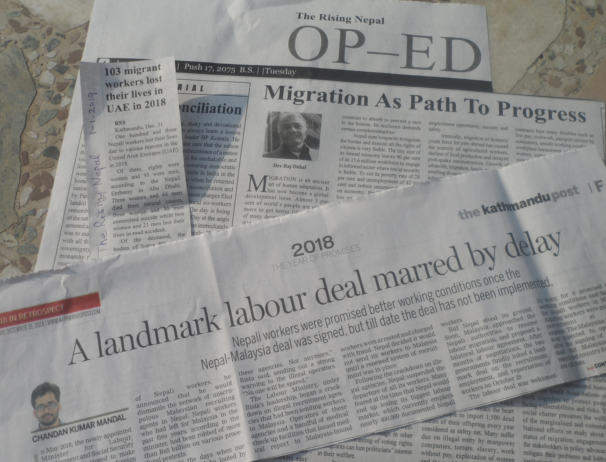











 Fourth INRC Symposium: From Clinical Applications to Neuro-Inspired Computation
Fourth INRC Symposium: From Clinical Applications to Neuro-Inspired Computation Writing policy briefs
Writing policy briefs Upholding Excellence: The Concordat to Support Research Integrity
Upholding Excellence: The Concordat to Support Research Integrity Today’s Documentation Will Serve Tomorrow’s Justice
Today’s Documentation Will Serve Tomorrow’s Justice ECR Funding Open Call: Research Culture & Community Grant – Application Deadline Friday 12 December
ECR Funding Open Call: Research Culture & Community Grant – Application Deadline Friday 12 December MSCA Postdoctoral Fellowships 2025 Call
MSCA Postdoctoral Fellowships 2025 Call ERC Advanced Grant 2025 Webinar
ERC Advanced Grant 2025 Webinar Horizon Europe Work Programme 2025 Published
Horizon Europe Work Programme 2025 Published Horizon Europe 2025 Work Programme pre-Published
Horizon Europe 2025 Work Programme pre-Published Update on UKRO services
Update on UKRO services European research project exploring use of ‘virtual twins’ to better manage metabolic associated fatty liver disease
European research project exploring use of ‘virtual twins’ to better manage metabolic associated fatty liver disease